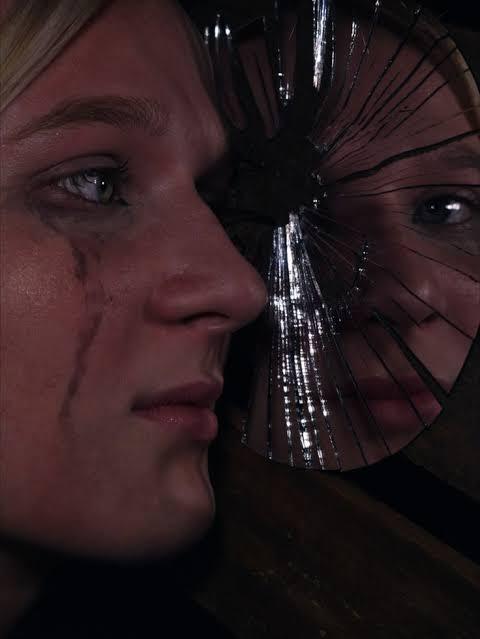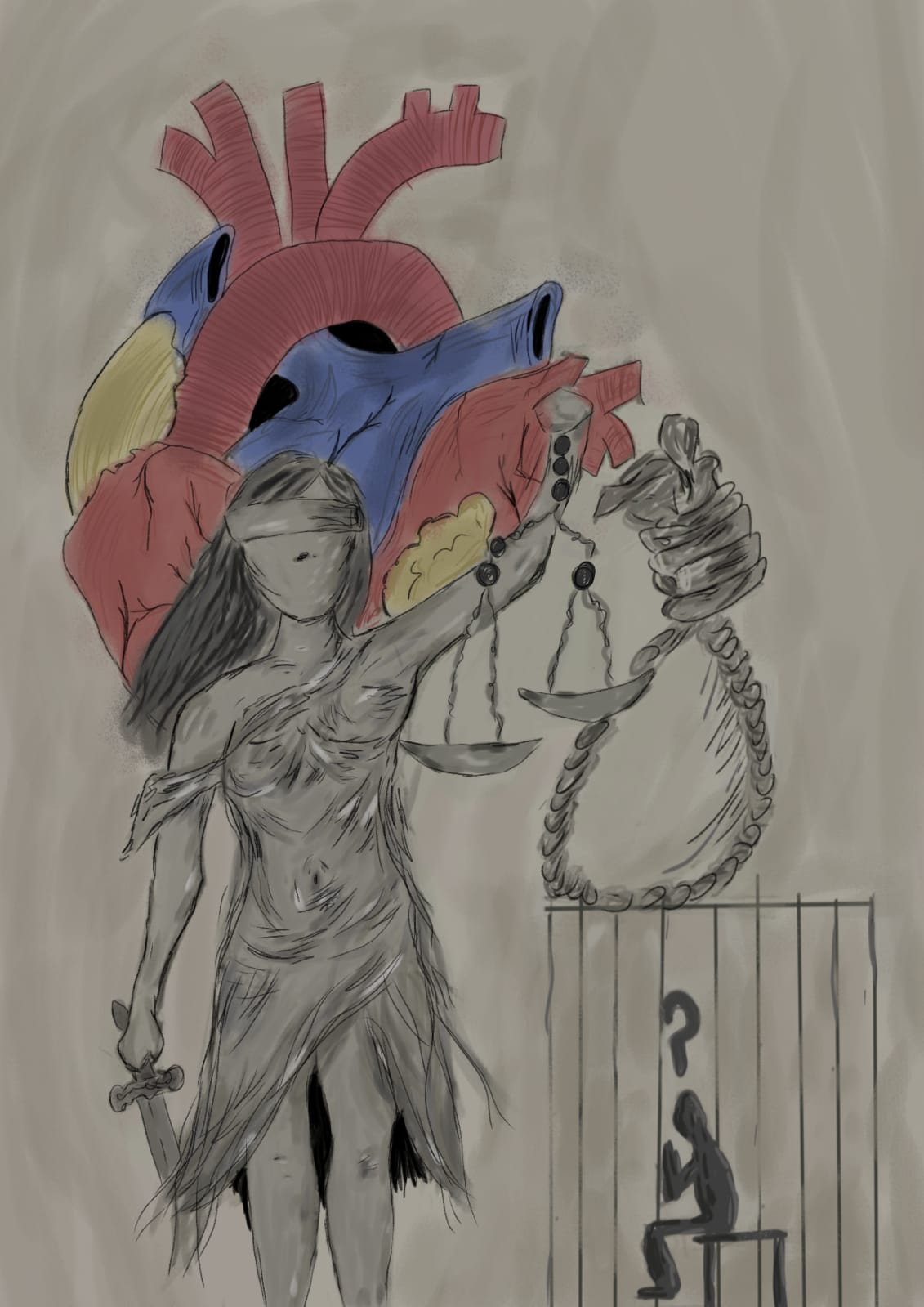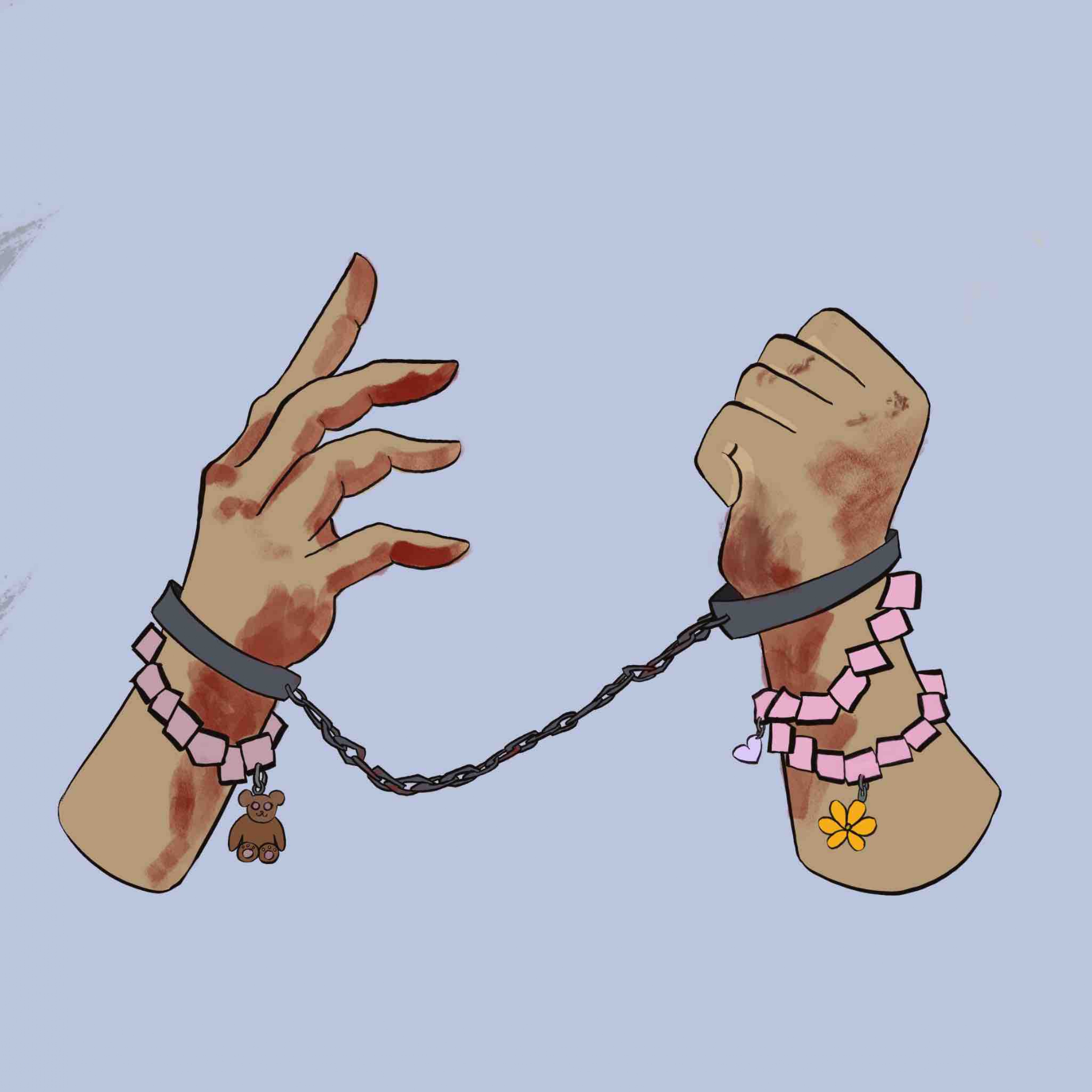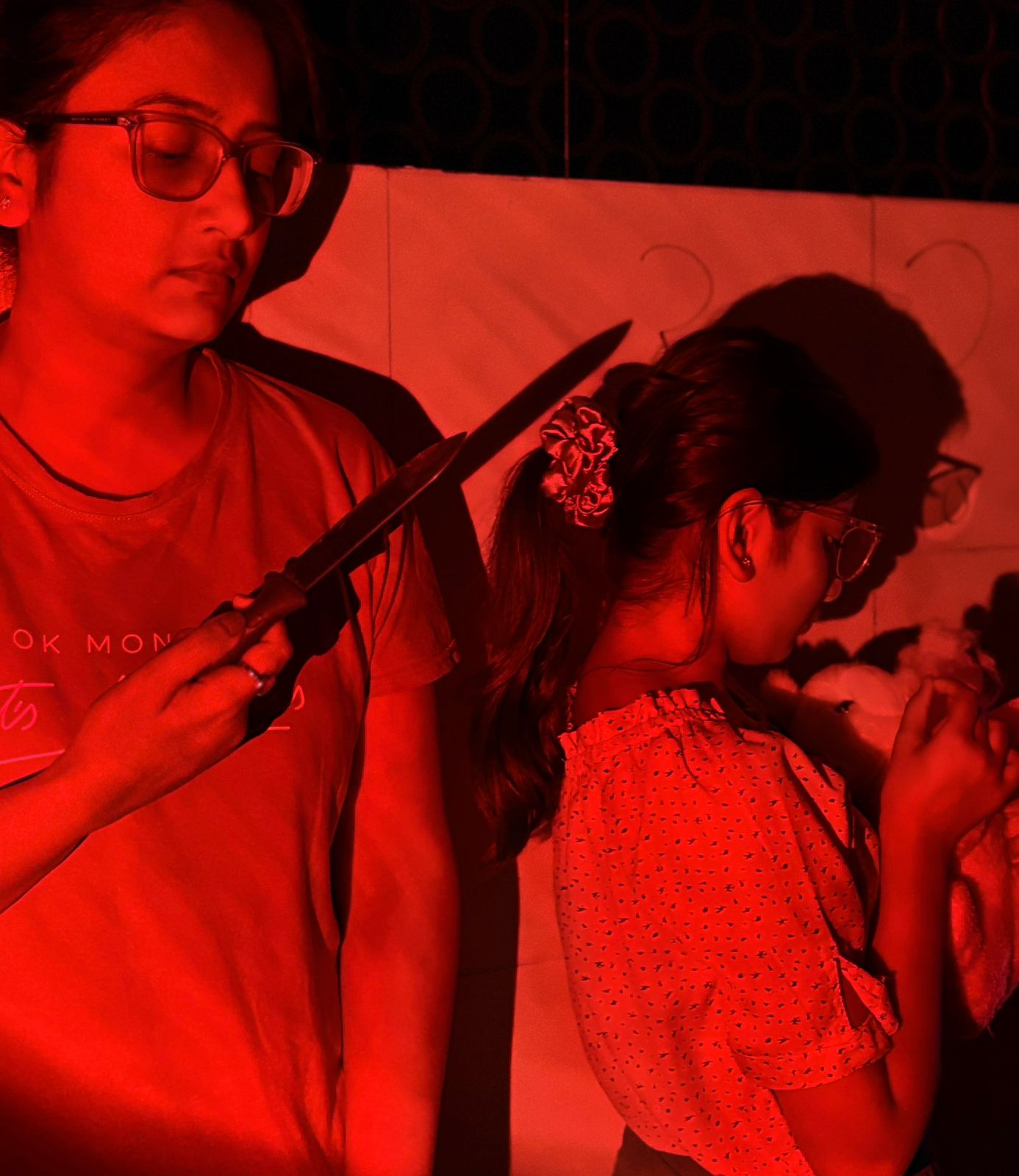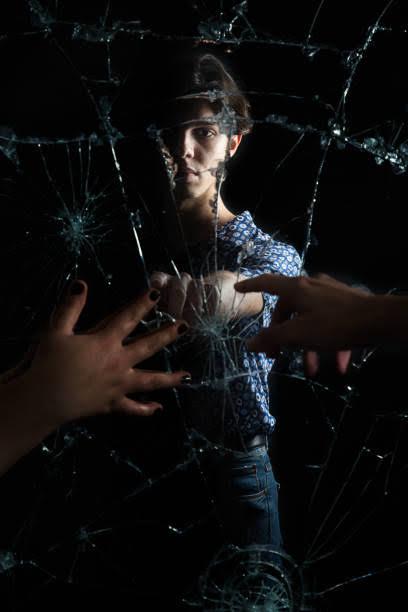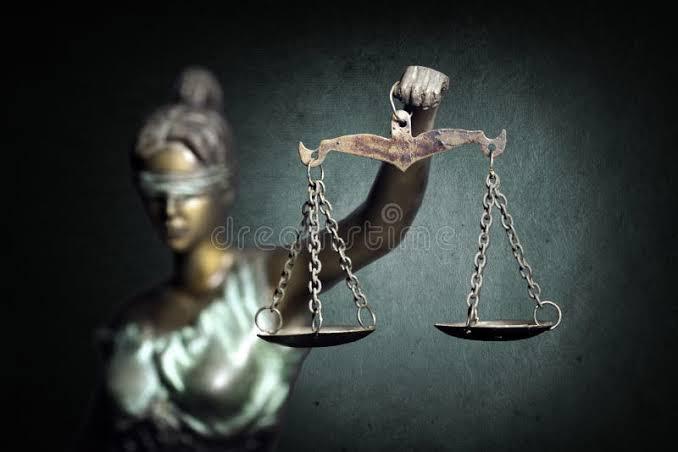They say love is blind—but when it comes to parenting, is it also legally blind?
Let me paint you a picture: a teenage boy, not even 18, bored on a Saturday night, "borrows" Rich Daddy's
Merc, revs it up to impress a few girls, and "accidentally" rams down two innocent pedestrians. The father?
Shrugs his shoulders and tells police the car was taken without permission. Problem solved. The mother?
Sheds dramatic tears on prime-time news, blaming "bad company and content nowadays." The Police? Yawns
because they know how mild the law is on juveniles, labeling them "immature" for prosecution.
Today, companies are creating self-automated robots. If tomorrow, one decides to kill someone, would you put
the robot behind bars or hold the company responsible? Think.
Any law enforcement would hold the "creator" responsible—not the "creation." The robot was merely a mirror
of the company's programming and design choices.
Then why does this perfectly sane logic magically evaporate when children commit crimes?
When a child enters this world, they're nothing but a blank slate waiting to be filled with values, beliefs,
and concepts. Or do you really think they come tagged "good" or "bad"?
If a child grows up watching women being subjugated, that seems normal. If ill-treatment of servants is
their family's daily routine, they'll naturally do the same. As they say, "The quality of a tree is
determined not when it's planted, but while it's being nurtured."
Coming to the original story, you'd be quick to blame the boy. After all, he stole the car and killed the
bystanders. But here's the thing: children don't magically turn into law-breaking tornadoes overnight.
When a 17-year-old drinks, drives, and kills, it's the result of years of negligence from a household—one
that either didn't care, didn't watch, or worse, quietly encouraged such behavior.
This begs the question: Should parents who carelessly handed over the vehicle keys, ignored the signs, and
failed their child's moral upbringing face legal consequences? Absolutely.
We never investigate why the teen performed such a heinous crime. What was his mental state? How did his
upbringing influence this? What we think was short-temper and anger may have been years of ignorance,
neglect, and liberty by his parents. If you knew this hidden story, would you blame him or the ones who made
him—his parents?
After all this, one would ask: Are our law-making bodies sleeping?
Well, no. In India today, under Section 75 of the Juvenile Justice Act, 2015, parents can be punished for
"willful" neglect that leads to a child committing an offense.
Isn't that great? We have a law. What's the issue then? Take a guess how often this is used? About as often
as we see unicorns on our roads. Because proving "willful" neglect in court is an Olympic-level hurdle. Most
parents simply plead ignorance—and walk free, while victims pay the price.
Critics argue: "What about poor parents who genuinely don't know what their child is up to?" Believable,
right? Wrong.
If your child commits a heinous crime, and it turns out you were too busy checking stock prices to notice
your underage son buying alcohol, you're not just unlucky—you're negligent. And when that negligence results
in innocent lives lost, you deserve criminal liability.
From acid attacks to gang violence, many cases reveal a disturbing pattern: parents who were either
willfully blind or criminally negligent. They knew their children were associating with wrong crowds,
accessing dangerous materials, or exhibiting violent behavior—but chose family honor over public safety.
So, should parents be held legally responsible for their children's crimes? When negligence meets
tragedy—absolutely. Because sometimes, the parents who failed to raise the child need to answer for the
monster they created.
Written By:
-Vedant Agrawal


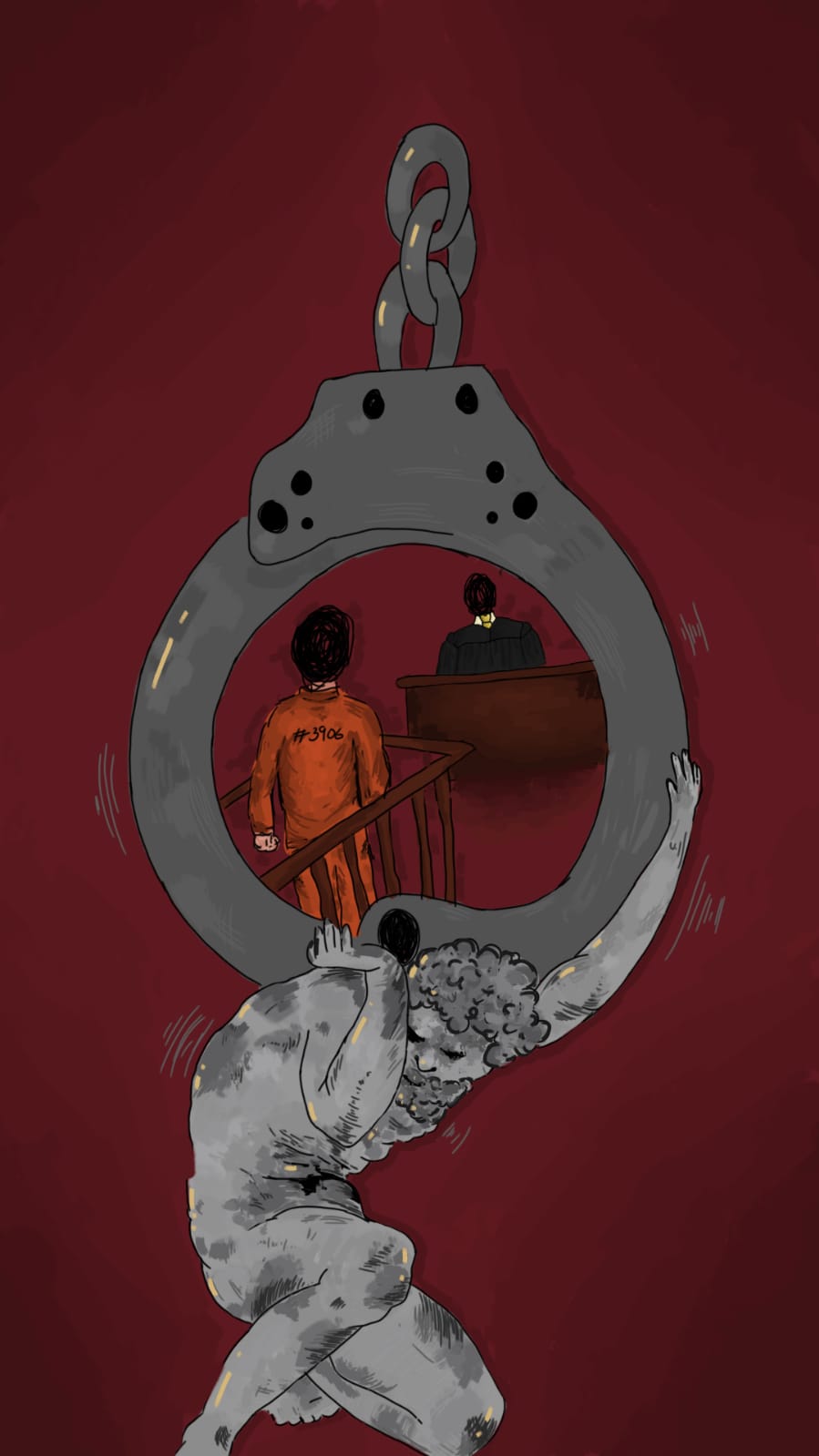
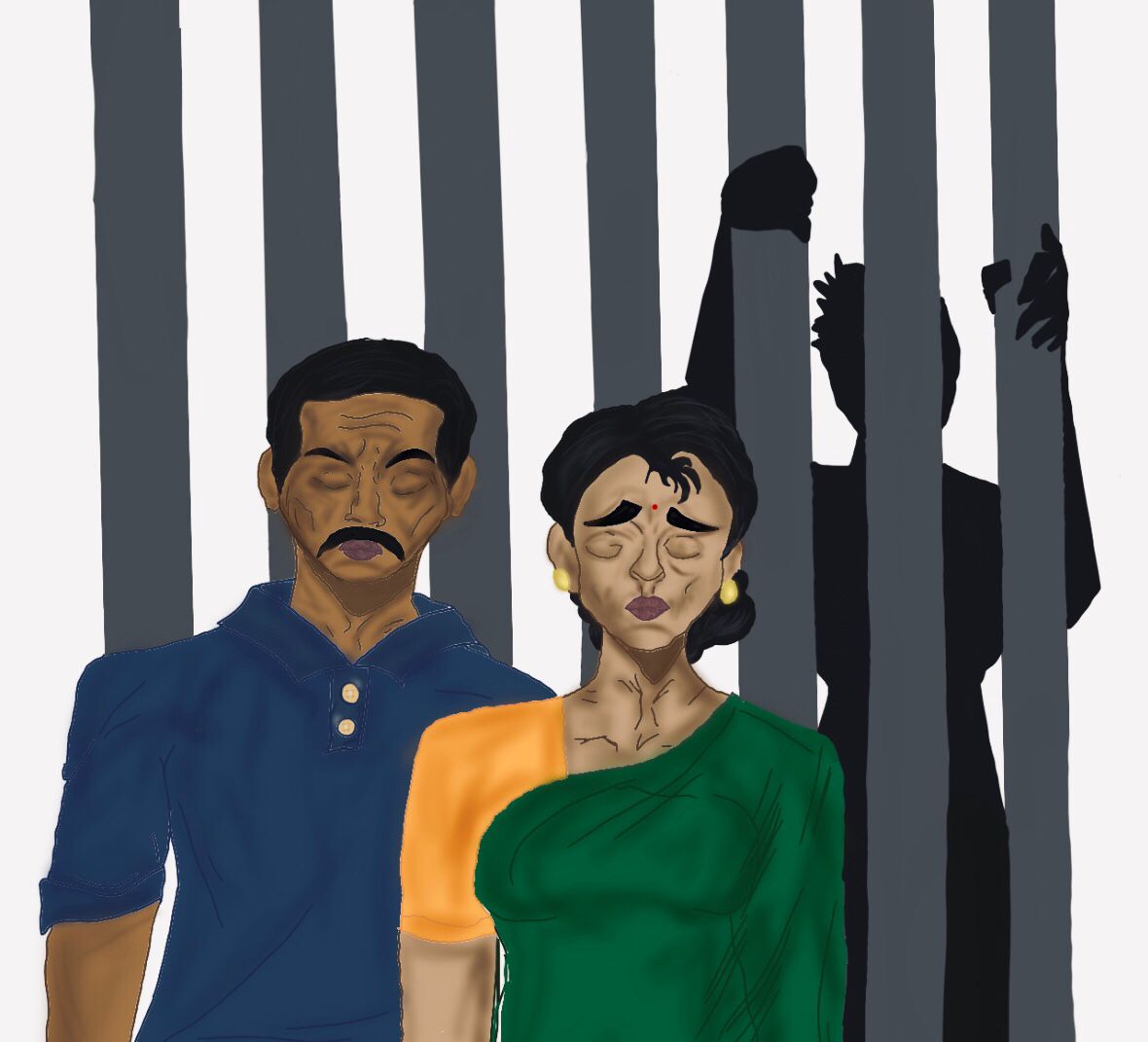

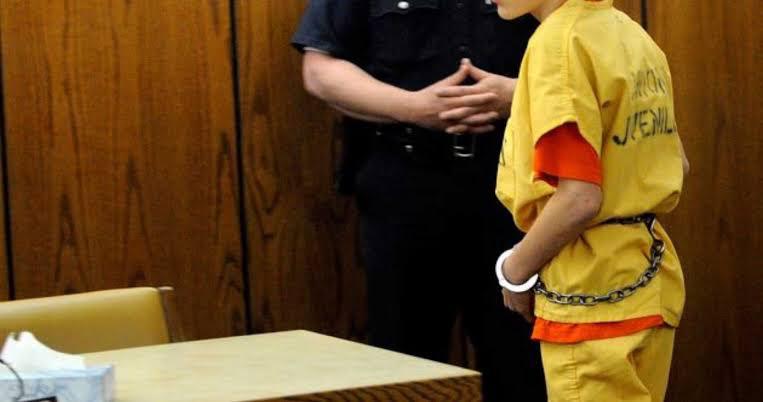
_page-0001.jpg)

